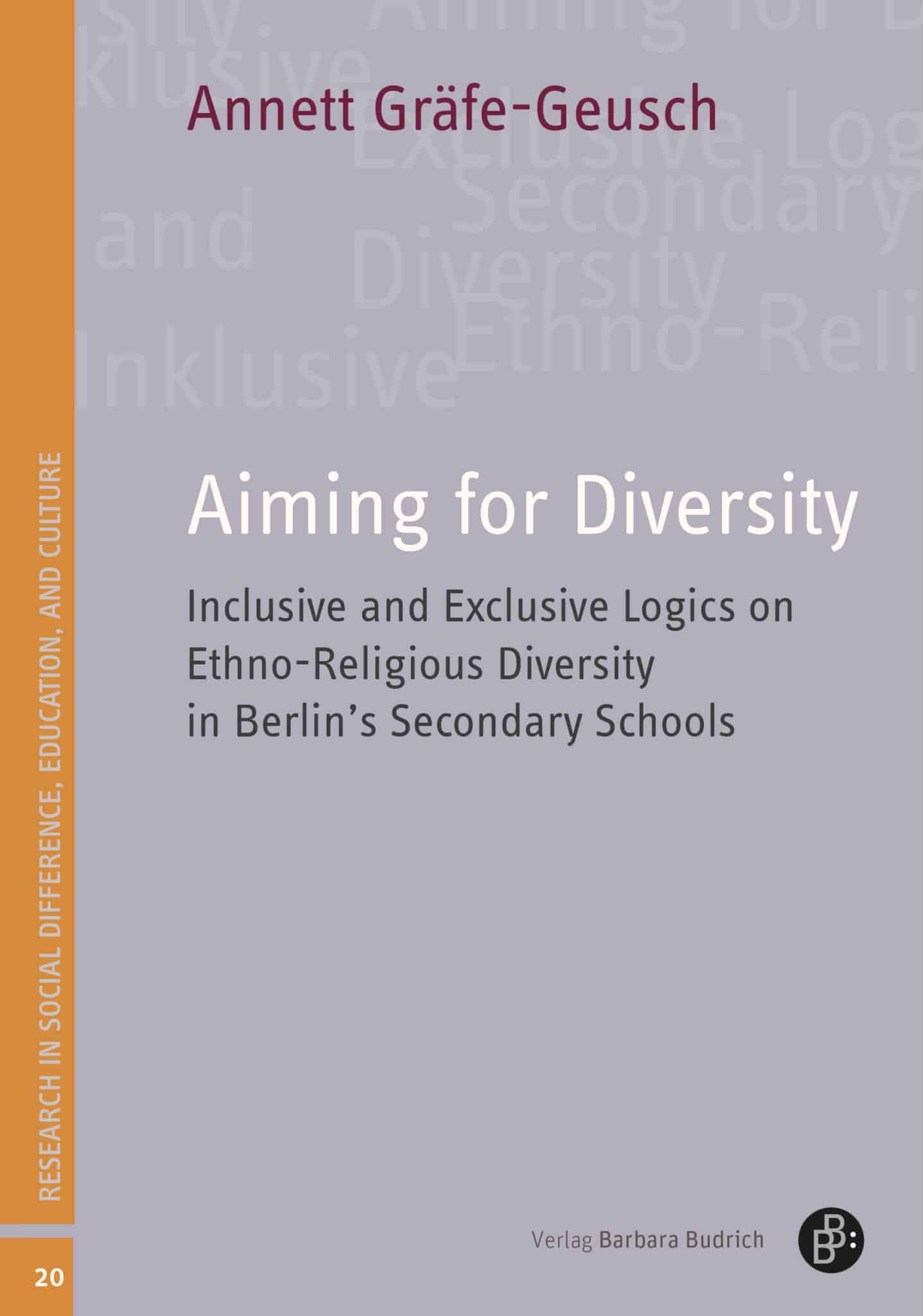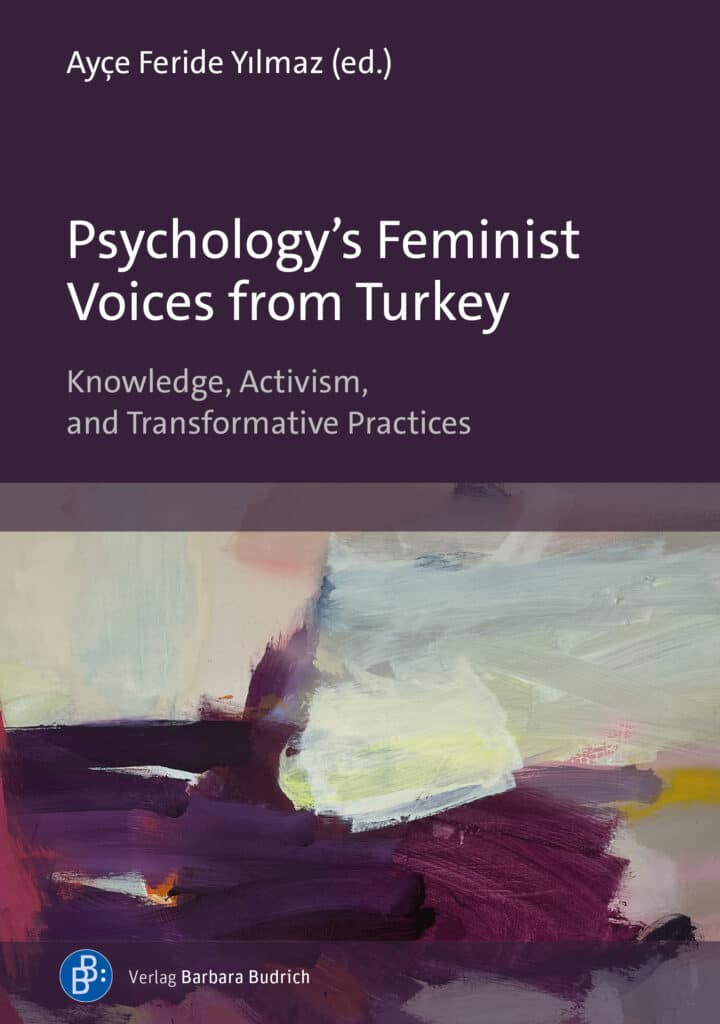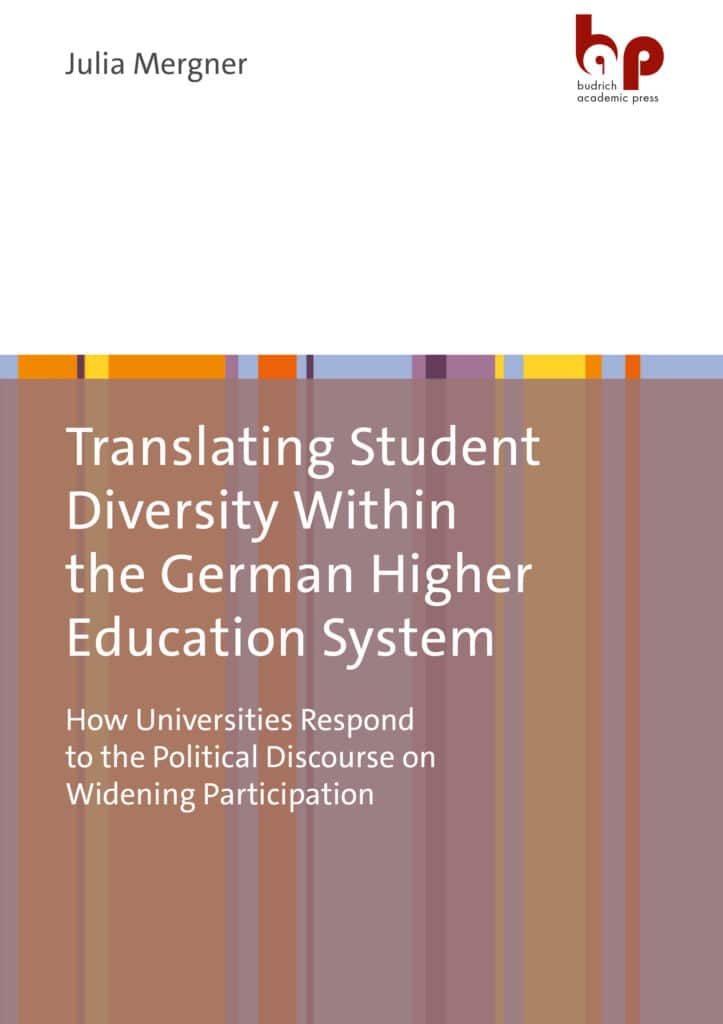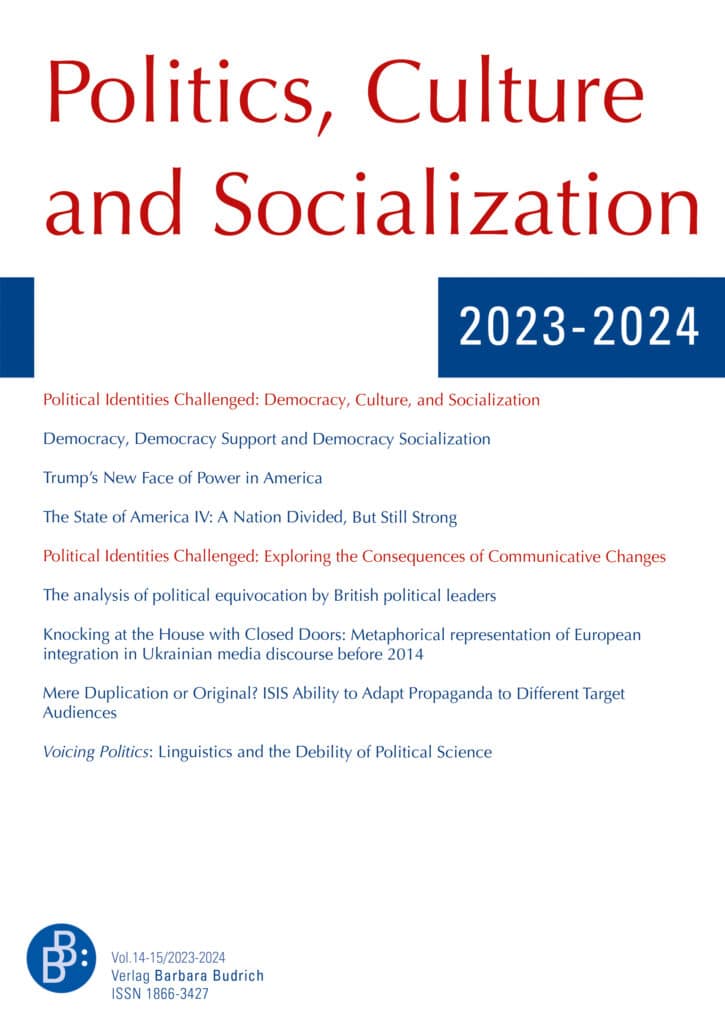Informationen zum Buch
Startseite » Programm » Aiming for Diversity
Aiming for Diversity
Inclusive and Exclusive Logics on Ethno-Religious Diversity in Berlin’s Secondary Schools
Erscheinungsdatum : 22.09.2025
32,99 € - 33,00 €
Beschreibung
How do politicians and teachers perceive the role of ethnic and religious diversity in education? Drawing on a qualitative vertical case study of Berlin’s secondary school ethics classrooms, this book argues that two distinct logics of diversity – one inclusive, one exclusive – prevail in political and educational spaces. These competing logics shape pedagogical practices in both diverse and non-diverse classrooms, ultimately contributing to the devaluation and partial exclusion of diversity-related content from the curriculum.
This study seeks to find one way of explaining the divergence between diversity inclusive education policy and exclusive education practice. The analysis is based on a qualitative vertical case study design of Berlin’s secondary school ethics classroom, comparing ethnic and religious minority and ethnic majority classroom environments. The author argues that two policy logics about diversity were significant factors in structuring and challenging diversity management in Berlin’s schools. In education practice these logics produced significant divergence on how teachers conceptualized their role and the role of teaching about diversity in different classroom environments. Ultimately the conflicting logics about diversity influencing Berlin’s teachers, parents, students and politicians lead to a devaluing and partial removal of content related to diversity in the curriculum. Utilizing a constructivist understanding of diversity, neo-institutional organization theory and conceptualizing teachers as political actors the author contributes to the literature on migration and education, and diversity in education policy research.
The author:
Annett Gräfe-Geusch is a postdoctoral researcher at the Helmut Schmidt University, Hamburg, Germany, and at the German Centre for Integration and Migration Research (DeZIM e.V.), Berlin, Germany.
The subject:
Education, sociology
Zusätzliche Information
| Verlag | |
|---|---|
| ISBN | 978-3-8474-3143-5 |
| eISBN | 978-3-8474-3280-7 |
| Format | 14,8 x 21,0 cm |
| Umfang | 175 |
| Erscheinungsjahr | 2025 |
| Erscheinungsdatum | 22.09.2025 |
| Auflage | 1. |
| Sprache | Englisch |
| Reihe | |
| Band | 20 |
Zusatzmaterial
Autor*innen
Beschreibung
Beschreibung
How do politicians and teachers perceive the role of ethnic and religious diversity in education? Drawing on a qualitative vertical case study of Berlin’s secondary school ethics classrooms, this book argues that two distinct logics of diversity – one inclusive, one exclusive – prevail in political and educational spaces. These competing logics shape pedagogical practices in both diverse and non-diverse classrooms, ultimately contributing to the devaluation and partial exclusion of diversity-related content from the curriculum.
This study seeks to find one way of explaining the divergence between diversity inclusive education policy and exclusive education practice. The analysis is based on a qualitative vertical case study design of Berlin’s secondary school ethics classroom, comparing ethnic and religious minority and ethnic majority classroom environments. The author argues that two policy logics about diversity were significant factors in structuring and challenging diversity management in Berlin’s schools. In education practice these logics produced significant divergence on how teachers conceptualized their role and the role of teaching about diversity in different classroom environments. Ultimately the conflicting logics about diversity influencing Berlin’s teachers, parents, students and politicians lead to a devaluing and partial removal of content related to diversity in the curriculum. Utilizing a constructivist understanding of diversity, neo-institutional organization theory and conceptualizing teachers as political actors the author contributes to the literature on migration and education, and diversity in education policy research.
The author:
Annett Gräfe-Geusch is a postdoctoral researcher at the Helmut Schmidt University, Hamburg, Germany, and at the German Centre for Integration and Migration Research (DeZIM e.V.), Berlin, Germany.
The subject:
Education, sociology
Bibliografie
Zusätzliche Information
| Verlag | |
|---|---|
| ISBN | 978-3-8474-3143-5 |
| eISBN | 978-3-8474-3280-7 |
| Format | 14,8 x 21,0 cm |
| Umfang | 175 |
| Erscheinungsjahr | 2025 |
| Erscheinungsdatum | 22.09.2025 |
| Auflage | 1. |
| Sprache | Englisch |
| Reihe | |
| Band | 20 |
Produktsicherheit
Zusatzmaterial
Zusatzmaterial
Bewertungen (0)
Bewertungen
Es gibt noch keine Bewertungen.









Bewertungen
Es gibt noch keine Bewertungen.